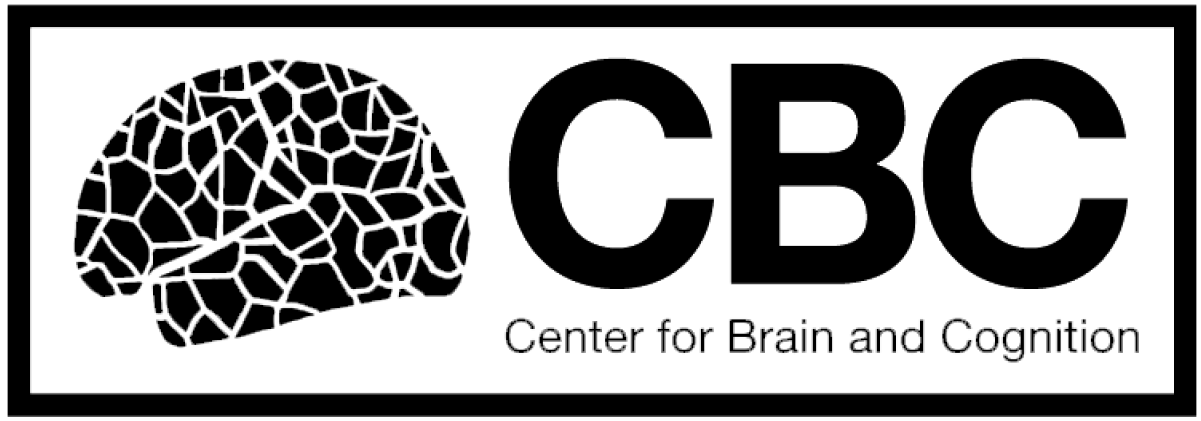From research to application
At Koa Health, we’re committed to bringing together artificial intelligence, large-scale datasets, neuroscience and psychology to deepen our understanding of human behavior and with it, mental wellbeing.
Our objective? To transform newly obtained knowledge as well as insights from decades of scientific research into cutting-edge, evidence-based solutions for health.

Our methods
Our Methods
- Digital phenotyping
We use digital footprints, ethically acquired from personal devices, to quantify personal characteristics, behaviors, emotions and cognitive states.
- Personalization
By coupling digital phenotyping with AI, we make the shift from episodic to continuous mental healthcare and develop mental health tools tailored to each individual.
- Measuring outcomes
By continuously tracking our results in large-scale trials across multiple countries and sharing results for peer review we ensure our solutions make an impact.
Team
Working together to power our products with the latest science and technology
The science division at Koa Health is dedicated to making significant contributions to global mental health.
As we pursue breakthrough solutions grounded in science, we’ve established a multi-disciplinary network of well-known scientists and clinicians who are as deeply committed to conducting world-class research as our in-house team of experts.
Patents
Improving the quality of our solutions through research
From the start, our passion for research has driven us to develop systems and methods to improve our solutions for mental wellbeing.
Over the years, our team has pursued projects in digital phenotyping, technical enablers and intervention delivery and personalization and secured several patents.
- Digital phenotyping
Assessing and leveraging user data to improve care is an important part of how we do what we do. And as a result of our research in this field, we’ve patented a wide range of methods, systems, and computer programs designed to help Koa Health offer mental health support across a range of conditions.
Our team has developed and produced a range of innovative approaches from apps and wearables to systems that enable continuous monitoring of clinical conditions.
- Technical enablers
Technology (and technical enablers) are what make digital therapeutics and wellbeing products both feasible and unique. By increasing functionality, these "hidden heroes" make support easier to deliver while protecting people’s private data and ensuring its ethical use.
Our investigations into this area have culminated in agile methods to preserve user privacy, systems and applications to build treatment plans and methods to validate active and passive data captured on smartphones.
- Intervention Delivery and Personalization
In our quest to create breakthrough interventions, we’ve learned that delivering the right intervention at the right time, in the right dosage are key to quality care. Mental health support (and the delivery of care) must adapt to users’ personal characteristics and unique circumstances.
The Koa Health team’s research into this discipline has come together to produce responsive systems to provide cognitive behavioral therapy via app, methods for maximizing effective behavior changes, and apparatus for early symptom detection and preventative care.
Publications
We’re committed to sharing our knowledge with the greater scientific community
The research team at Koa Health leverages the benefits of peer review to create better health solutions for people everywhere.
That’s why we openly communicate our findings in industry publications such as JMIR MHealth Uhealth, ACM Press, Behavior Therapy, Journal of Memory and Language, and Human brain mapping.
For a selection of our work, see our publications page or access the full list, here. A few highlights include the following:
- CBT via smartphone
Smartphone-delivered cognitive behavioral therapy (CBT) has become more common over time, but research on the topic is still in its infancy. Could passive smartphone data offer the unique insights needed to learn how people typically engage with this type of CBT and how treatment may be optimized?
"Optimizing smartphone cognitive behavioral therapy for body dysmorphic disorder using passive smartphone data: Initial insights from an open pilot trial", JMIR MHealth Uhealth, 2020.
- Ubiquitous computing research in mental health
A significant body of research in ubiquitous computing has been devoted to technologies for the continuous monitoring, diagnosis and care of mental health conditions. By analyzing the last ten years of research in this field can we better address the technical and clinical challenges of designing this technology for the decade to come?
"A Decade of ubiquitous computing research in mental health", IEEE Pervasive Computing 19, no. 1, 2020
- Digital CBT for Body Dysmorphic Disorder
Body dysmorphic disorder (BDD) untreated is both severe and chronic in its presentation and although effective treatments exist, they’re simply not accessible for many individuals. Might smartphone-based cognitive behavioral therapy (CBT) for BDD be the standardized, low cost and accessible treatment people living with this condition need?
"Development and pilot testing of a cognitive behavioral therapy digital service for body dysmorphic disorder", Behavior Therapy, August 2019
- Cultural impact and personality models
To make greater technology personalization possible, sensor data collected from smartphones is often used to passively infer users’ personality traits. But improving the accuracy of this type of inference is a significant challenge, especially when many models don’t consider the potential impact of culture on the data obtained. Could country-specific datasets improve trait prediction?
"Modeling personality vs. modeling Personalidad: In-the-wild mobile Data analysis in five countries suggests cultural impact on personality models", Proceedings of the ACM on Interactive, Mobile, Wearable and Ubiquitous Technologies archive (IMWUT), Volume 3 Issue 3, Presented at Ubicomp 2019. London, UK, September 2019



